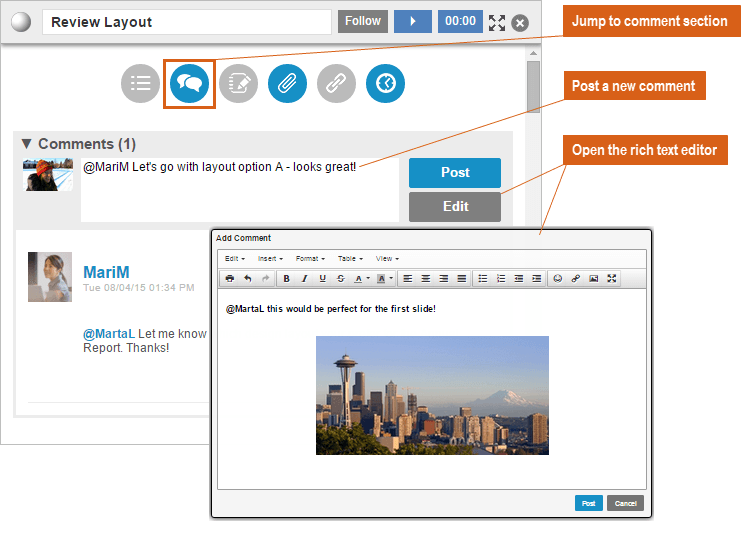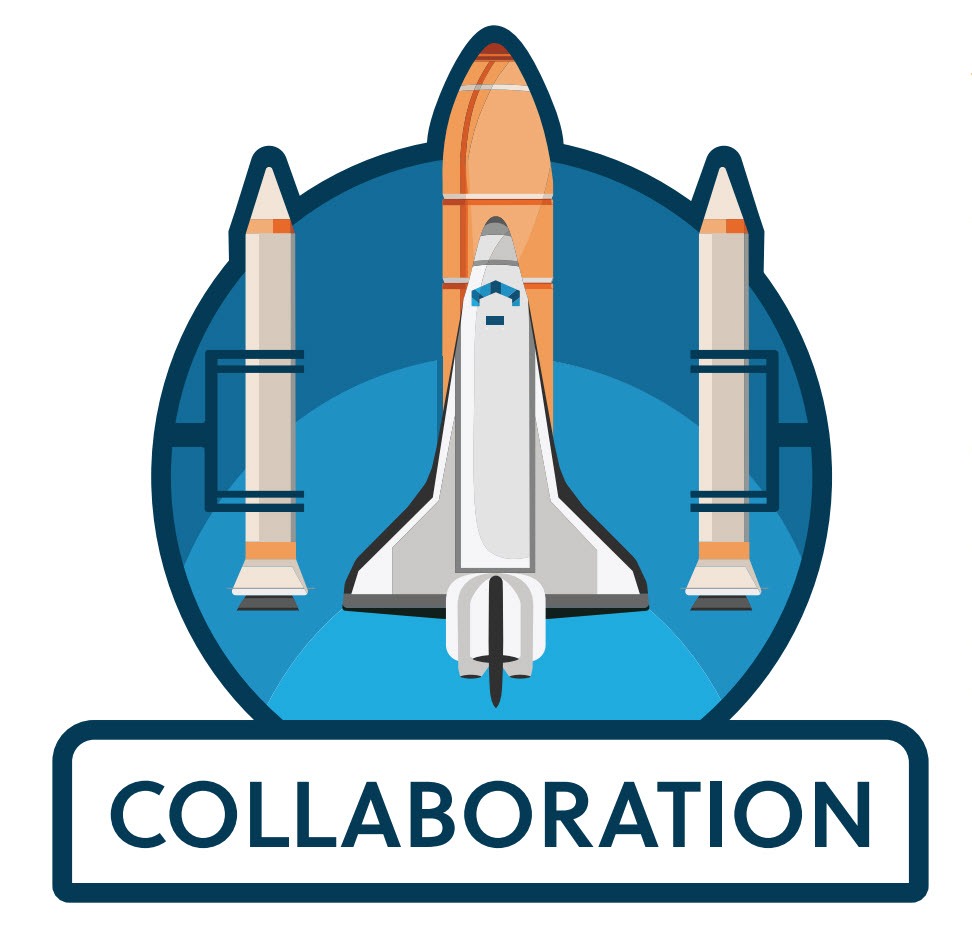“If everyone is moving forward together, then success takes care of itself.” – Henry Ford
Effective collaboration has gone from a nice-to-have to being critical to business success—even to improving the world! Would we have an International Space Station if the 16 nations that built it together had decided to stay in their own back yards and do their own thing instead? Doubtful.
Even when we recognize the value of people working together effectively, and even when we set up project teams and partners that are motivated to deliver great projects together, collaboration efforts often misfire. Sometimes, they don’t happen at all.
Here are the top reasons why collaboration efforts fail:
- Organizations are siloed, and project teams are matrixed.
- The team relies on email and spreadsheets to manage projects.
- Information is scattered over different data repositories and apps, rather than in one unified location.
- Teams and customers depend on the project manager to access schedule status and project data.
- Organizations don’t use collaborative project management platforms.
How do you best support successful collaborations?
While you can focus on improving communication and commit to breaking down silos, if you don’t have the right tools to support your efforts, you won’t succeed. If you want to facilitate collaborative projects and environments, we recommend that organizations invest in cloud-based, collaborative project management tools.
These software platforms unite teams, customers (internal and external), and virtual workers by giving teams a central location to access all project items, see updates and status, and comment in context with their tasks. You also have a singular space that shows what everyone’s working on, surfaces dependencies, end dates, priorities, and essential data. And while email will never go away, these tools enable you to use it as a communication accessory, not as a project management methodology.
Here’s how project management software platforms benefit your business:
- Avoids communication breakdowns
- Builds trust with your clients and peers
- Speeds up completion, and improve quality
- Makes it easier to work remotely with colleagues
- Improves brainstorming and problem solving
- Unites people around a common goal and bigger purpose
- Improves team morale, spirit, and enthusiasm
It’s not just setting up the right culture and sense of a shared purpose that enhances collaboration— you need a shared space to put all those good intentions.
Here’s how LiquidPlanner creates effective collaboration
Cloud-based and a central location
LiquidPlanner provides a single shared workplace in the cloud that everyone on the team can access. Whether you’re a project team member at HQ or working virtually; an external supplier or a customer working from the other side of the globe, project assignments and schedules are clear to everyone. Features like Dashboards provide a more graphical way to share information and project status with team members and customers.
In-context conversations
Communication fuels collaboration, and collaboration fuels communication. To build off this beautiful truism, LiquidPlanner has a contextual commenting feature that puts conversations in line with the task or project folder they apply to. This way, teams, and individuals can track conversations streams, reduce meetings and avoid email silos.

Seamless file sharing
One of the biggest project frustrations is not knowing where things are. You can search your email, desktop folders, and sticky notes until you’re red in the face. To solve this problem, LiquidPlanner has a seamless document sharing feature. You can upload and share docs from your desktop or cloud storage systems like Google Drive, Box or Dropbox; do collaborative editing, get approvals and sign-offs and move work items through the pipeline more efficiently.
Collaboration matters. But what you want is an effective collaboration process. So next time you want to send an email with project status, or you’re running around asking for the latest schedule, stop for a second and think of the International Space Station. Then consider the right project management software—and go collaborate smarter.
Project management is hard work! That’s why using the right tool can make the difference in how your organization successfully delivers projects and collaborates with internal and external customers. This blog represents Part Four of our nine-part eBook about common PM pain points. To learn more about how to solve PM challenges, and turn them into opportunities, download our eBook, How to Solve the Top 9 Project Management Challenges.








